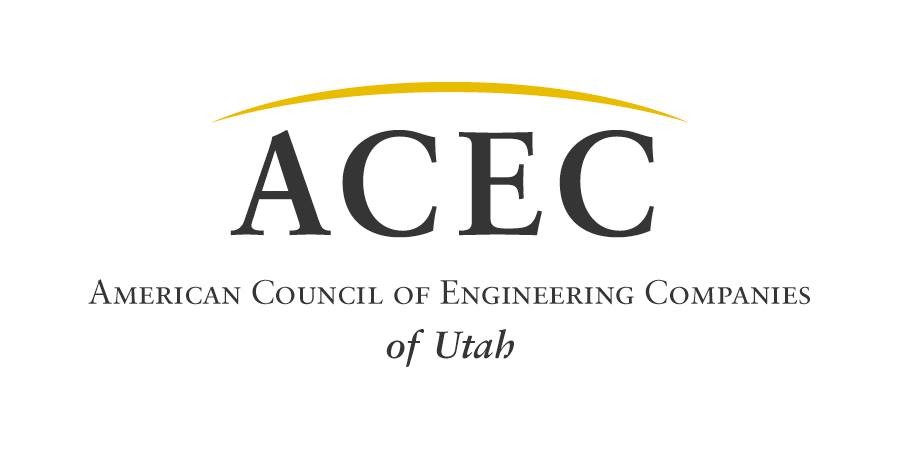3 things engineers should know about the global supply chain shortage
Supply chain shortages in the engineering and construction industry are still in full effect, with a large number of engineers switching parts suppliers. 93% have changed suppliers due to shortages and over 59% have chosen alternative materials, according to Design News. With this surprising shift, engineers are keener on selecting vendors.
 Many materials vital to new construction are impacted by the shortage including steel and lumber, increasing the prices of 5.24 million home builds in 2022 alone, according to Business Insider. Other materials in the supply chain shortages include items like computer chips, garage doors and baby formula. The shortage in computer chips has rippled through the economy, slowing and suspending the production of American carmakers and increasing car prices. Goods like electronics and medical devices are also in short supply.
Many materials vital to new construction are impacted by the shortage including steel and lumber, increasing the prices of 5.24 million home builds in 2022 alone, according to Business Insider. Other materials in the supply chain shortages include items like computer chips, garage doors and baby formula. The shortage in computer chips has rippled through the economy, slowing and suspending the production of American carmakers and increasing car prices. Goods like electronics and medical devices are also in short supply.
Since the supply chain shortages dramatically impact the livelihood and day to day routines of engineers, here are three things you should know right now.
Work to improve supply chain visibility
Supply chain visibility is crucial to the health of an organization. Before the onset of the COVID-19 pandemic, it was easier to maintain good visibility into lower tiers of the supply chain.
“It’s important that procurement leaders understand who their fourth-tier suppliers are in their supply chain,” said Dawn Tiura of Source Industry Group. “So often we see professionals diversify their third parties without understanding where their supply sources are originating. During the pandemic, we found that some of the best diversified supply chains (on the surface) had the same fourth parties – deeper supply chain visibility is a must.”
Increase product resilience
Many leading tech companies are designing for resilience to make a quality product before disaster hits. It’s proven that companies with resilient products are more likely to weather future supply shocks, according to Harvard Business Review.
For example, when addressing the chip shortage, market leaders are making hardware less critical to the product by adding more flexible middleware.
Cultivate new ideas
Although it’s easy to fall into a routine where you always rely on suppliers, it’s time to start thinking outside of the box. By adopting more of a mindset around scarcity, engineers are more likely to problem solve and create a product that survives. While working with your team to make adjustments, make sure to accurately record your ideas in a journal or online document.
To. learn more about recent changes in the engineering industry and how you can adapt, be sure to invest in an ACEC Utah membership.






